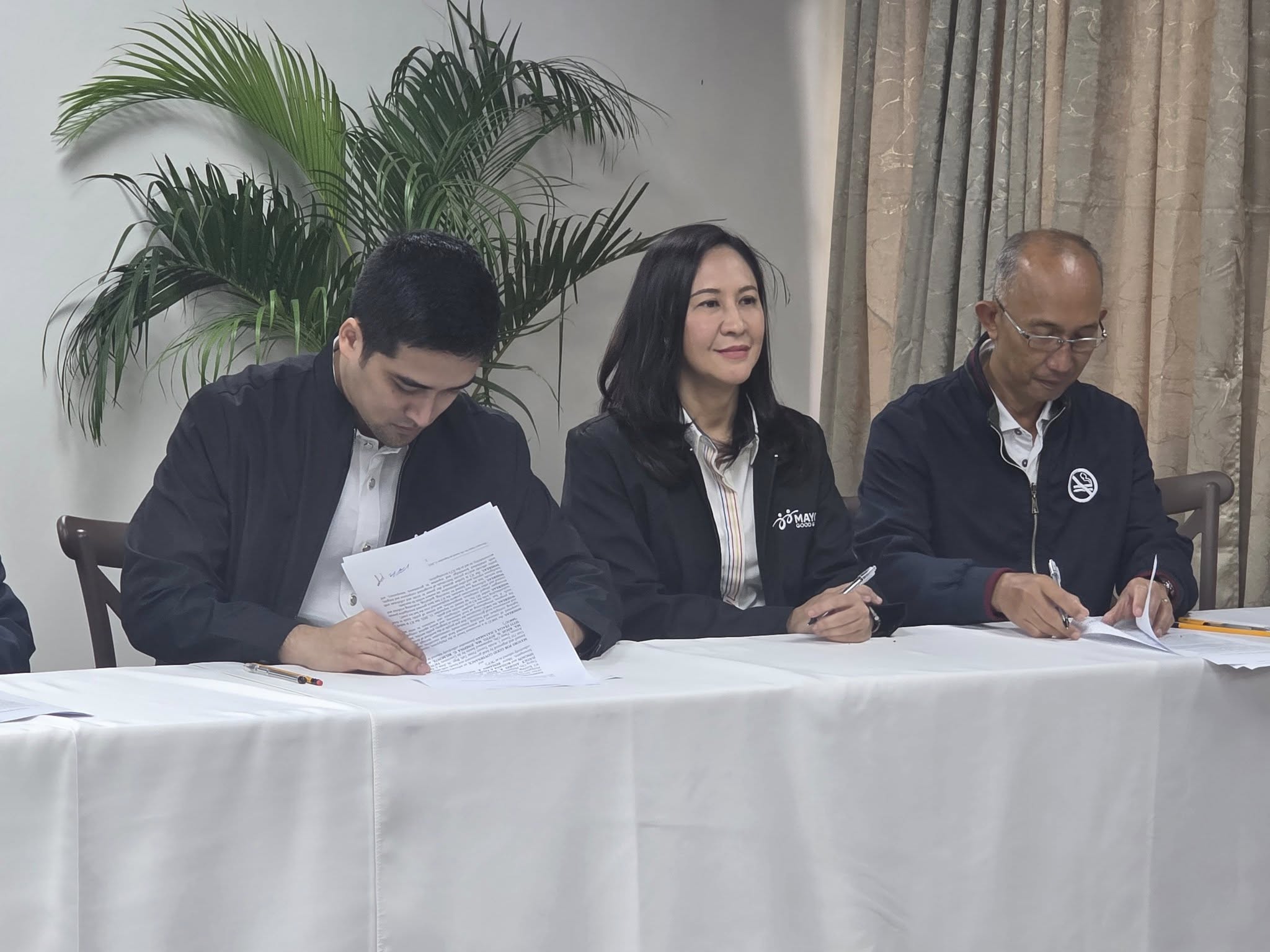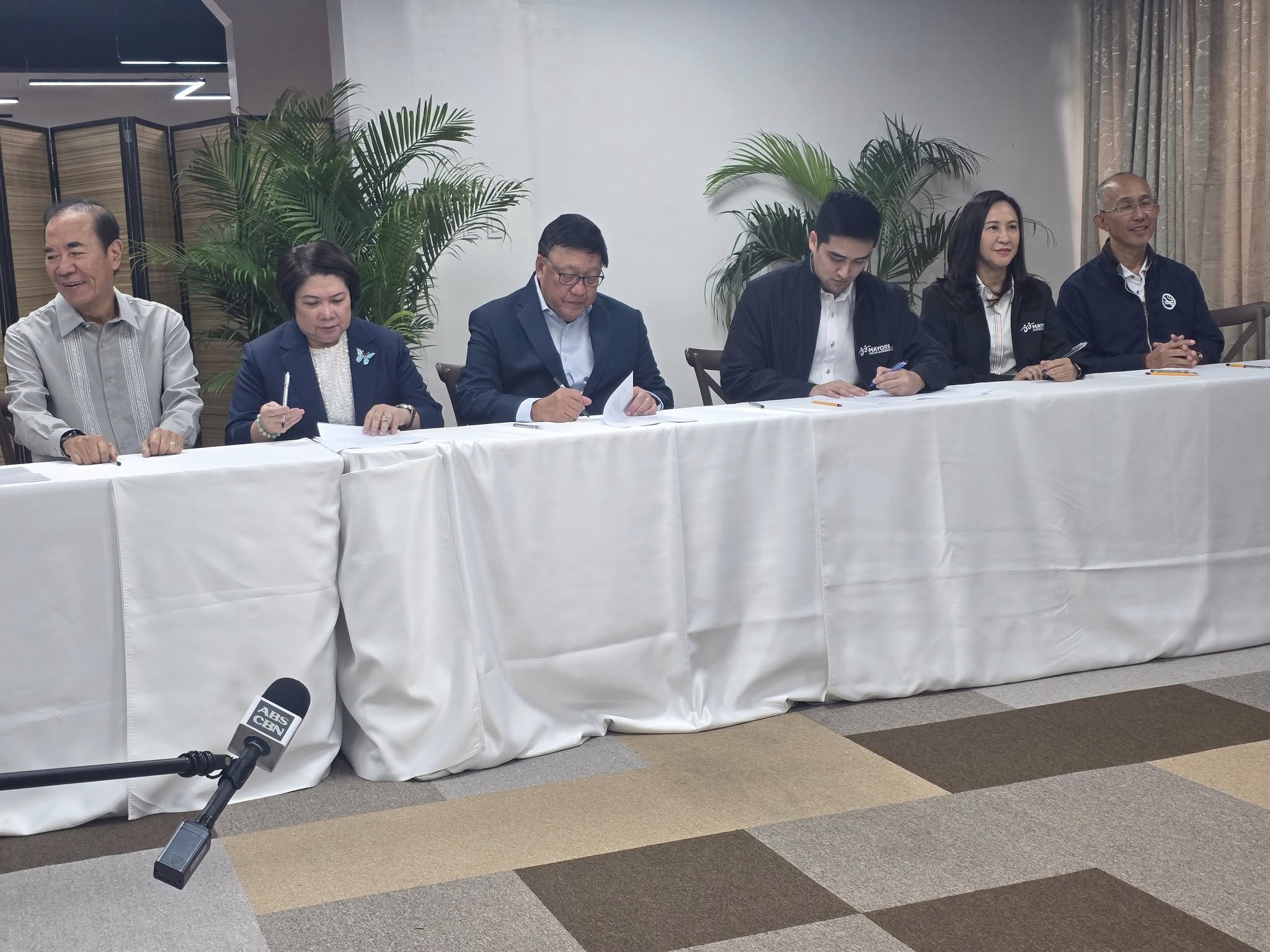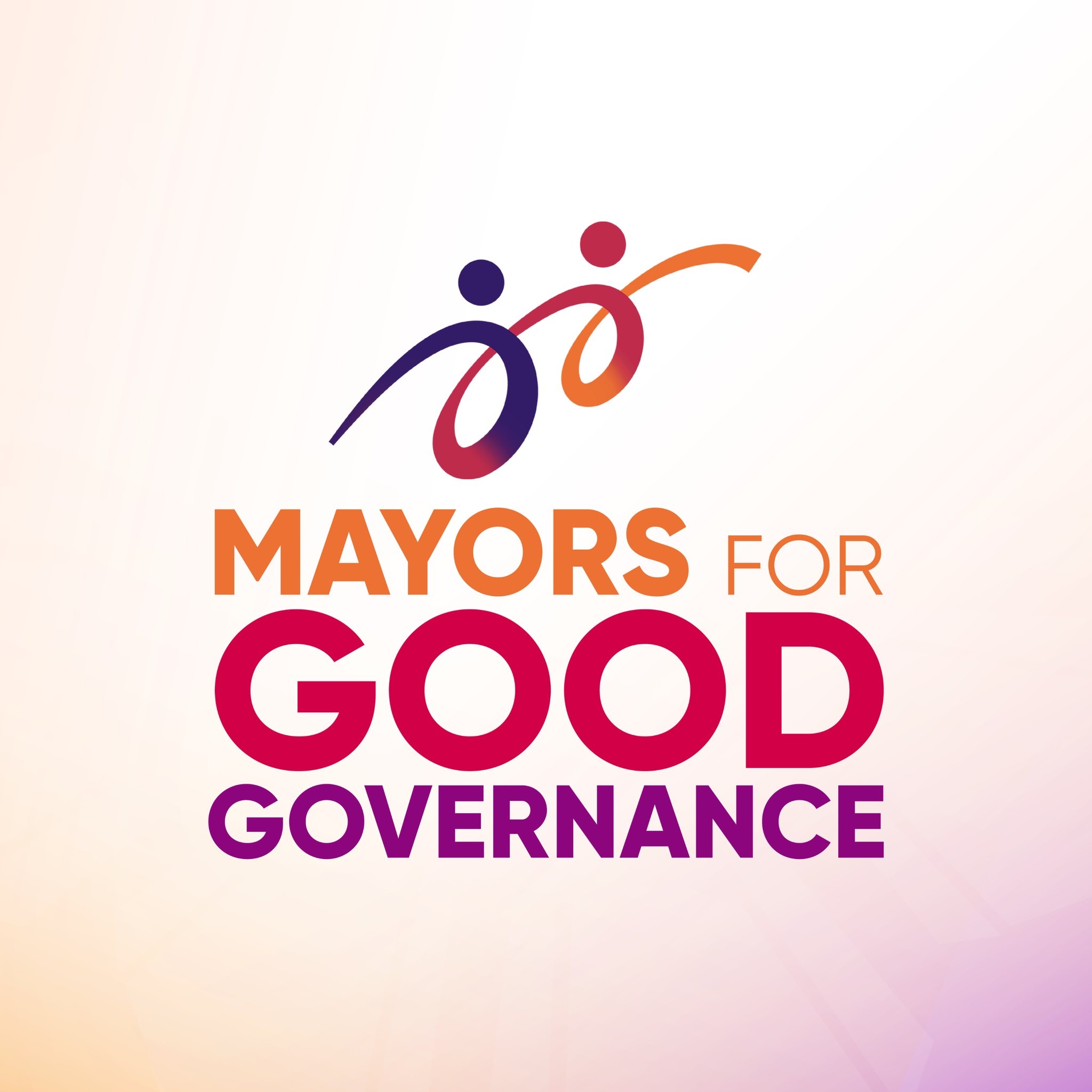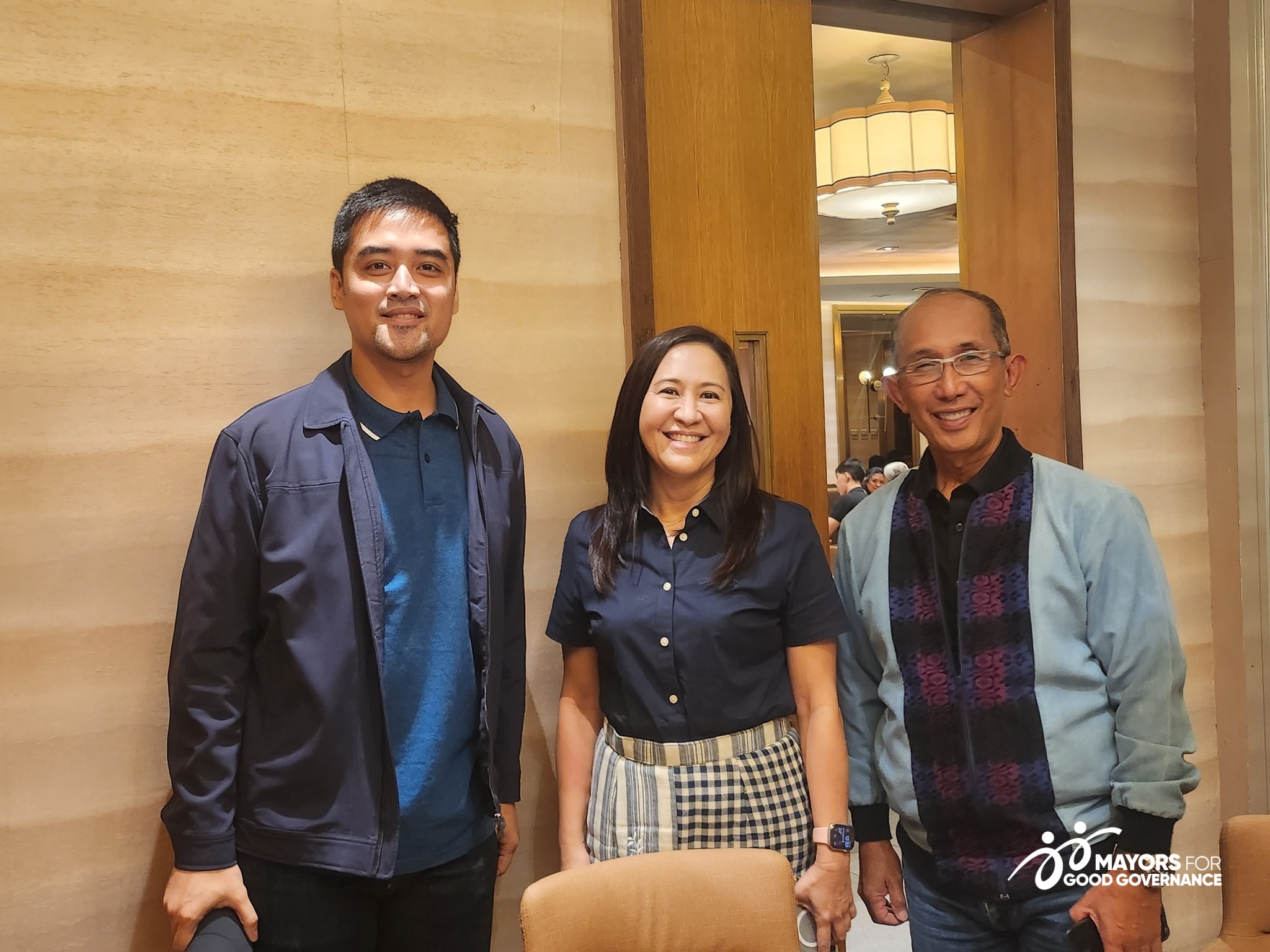Manila, Philippines — A coalition of local chief executives under the banner of Mayors for Good Governance (M4GG) is taking matters into their own hands by launching an independent investigation into alleged irregularities in flood control and other infrastructure projects of the Department of Public Works and Highways (DPWH) over the past decade.
The initiative was formalized through a memorandum of understanding signed by M4GG convenors Pasig City Mayor Vico Sotto and Quezon City Mayor Joy Belmonte with the newly established Independent Commission for Infrastructure (ICI). The agreement empowers mayors to audit projects undertaken in their jurisdictions from 2015 to the present, with the goal of gathering evidence for possible corruption cases.

Under the pact, local governments will review project documents, conduct on-site inspections, and solicit feedback from communities affected by construction. The coalition is also setting up a dedicated hotline for whistleblowers — including government employees and contractors — to report anomalies.
Baguio City Mayor Benjamin Magalong, who serves as special adviser to the ICI, stressed that the partnership is meant to strengthen accountability. “For too long, people have endured flooding, unfinished works, and wasted public funds. This is about restoring trust in government,” Magalong said.
The commission, created earlier this month, has prioritized investigating so-called “ghost projects” — contracts recorded in budgets and reported as completed but with little or no evidence of actual implementation. The mayors are demanding the DPWH release complete details of flood control projects, including feasibility studies, bills of quantities, and lists of contractors, to ensure transparency.

M4GG leaders — Sotto, Belmonte, Magalong, and Isabela City Mayor Sitti Djalia Hataman — emphasized that their initiative reflects the frustration of local governments and communities that have long suffered from ineffective infrastructure spending. They noted that billions of pesos have been allocated to flood control over the years, yet many areas remain vulnerable to heavy flooding and landslides.
While the move has been widely welcomed by civic groups and citizens, the coalition faces significant challenges. Auditing large-scale projects will require resources and technical expertise, and access to DPWH records may not be easy to secure. Political resistance from those implicated in questionable contracts is also expected.

Despite these hurdles, the mayors insist their collective action sends a strong signal. By actively working with the independent commission, they hope to accelerate the investigation of dubious projects, hold erring officials accountable, and push for reforms in public works implementation.
For now, the Mayors for Good Governance coalition has positioned itself not just as a voice for transparency but as a watchdog ready to confront corruption head-on. Their efforts will be closely watched in the coming months as the probe unfolds.
More of this news on Inquirer.net by Kathleen De Villa







